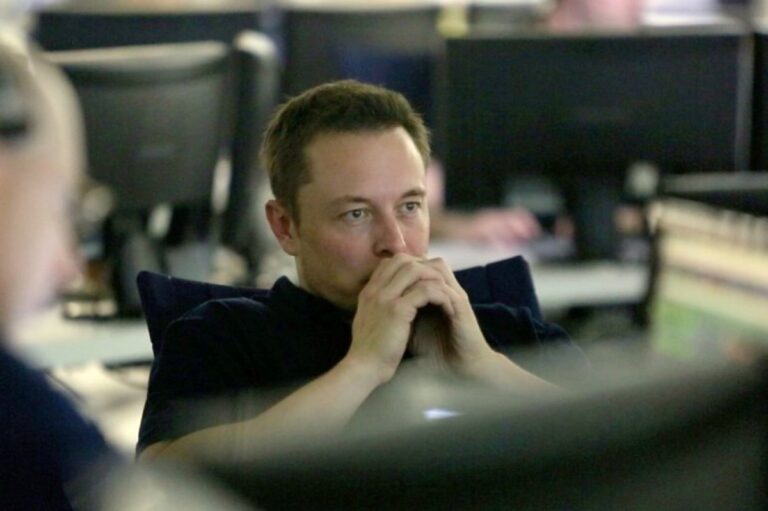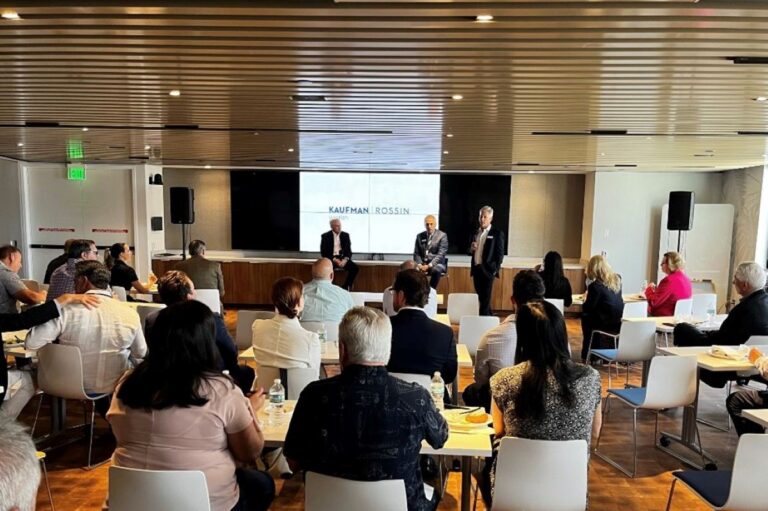Buy A Franchise Vs. Establish A Business: Which One Is Good for Entrepreneurs?
Why do entrepreneurs choose to buy a franchise or an established business? Originally appeared on Quora: the place to gain and share knowledge, empowering people to learn from others and better understand the world.
Buying a franchise is quite different from acquiring a standalone established business.
With Franchises, You Generally Sign Up for
- An established brand which is recognizable
- A complete blueprint on how to structure the business (turnkey)
- A predefined business model on roles you need to hire for, skills, shifts, and for brick and mortars – even the type of place, location, amount of light and a lot more
- Getting listed on a global site with estates
- Possibly receiving a site as a part of the package under the umbrella of the main brand
The larger the franchise, the easier to hire for and attract customers. It usually costs more (or the requirements are higher), but the benefits are visible in a short period of time.
Consider launching a fast food restaurant with no brand, being clueless where to start, how to hire, preparing your own menu from the get-go, and convincing people to stop over. Now compare that with just opening a Subway or McDonald’s in the very same location.
Established Businesses
Somewhat similar, but not necessarily. Especially in the context of other industries where franchising doesn’t even exist as a paradigm.
Software as a Service? Try to build one yourself, generate some traction, build a network of partners and resellers, convincing the first 20 customers to sign up and give you testimonials, refining and polishing the product, getting listed in certain directories, slowly boosting your organic positioning + social media accounts history, email list…
A myriad of reasons to acquire a similar business if the price is right.
Recruitment can be a consideration too. An acquisition is one of the best ways to get access to top talent, a crew that already bonded as a team, and successfully delivered on projects. Hiring random 10 people is a lot different when you think about culture, speed of execution, quality of work, and the like.
How About Recurring Revenue?
There are different ways to structure the pricing and estimation model when selling a business.
Some rely on EBITDA – estimates before interest, taxes, depreciation, and amortization. Doing the math and placing a multiplier gets the job done in certain industries.
In digital (say, software products, downloadables, publishing websites), unless the brand is very recognizable, the multiplier is often based on MRR (monthly recurring revenue). You can commonly find 18x – 24x as the formula used in many cases – so if the business makes $1,000 per month on average, it may sell for $18K to $24K (excluding other arbitrary facts).
Of course, the cost of staff, other expenses, the ability to retain access to licenses or people, etc play a role, too.
Also, whether the business is ascending or descending at the time. Is there a large competitor coming up that may ruin the business?
Is it turnkey or does it require too much support?
In any case, acquiring businesses can be a smart play in terms of obtaining recurring revenue at scale as well.
Successful businesses enjoy cash sitting in the bank. Some invest in growing their businesses (obviously), others diversify in real estate or stocks, or employ other paradigms. Some even invest in other businesses (in the form of VC structures or applying for accelerators as investors).
But turning bank capital into a recurring revenue machine is a lucrative offer for entrepreneurs who find to be a great opportunity.
Imagine a 18x investment for a business making $4K/mo. That’s $72K for a business (assuming it’s fairly turnkey).
An entrepreneur who has access to $300K in capital, still retaining a safety net, can invest $72K, cash back $48K in the first 12 months, and still have a running and profitable business that could grow + will probably break even 6 months in. With time, it practically becomes a free property that keeps generating revenue + the benefits of a successful brand, a list of customers, and the prospects of upselling or cross-selling different services.
Contributed by Mario Peshev, CEO @ DevriX, Business Advisor for Startups and SMEs









